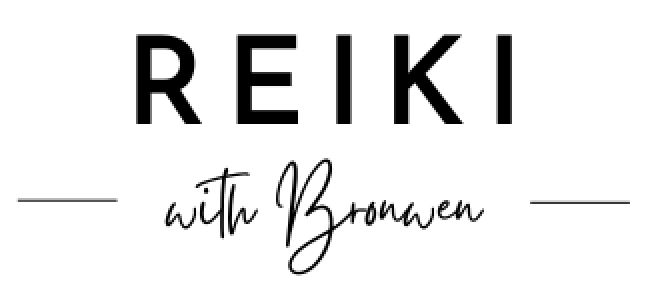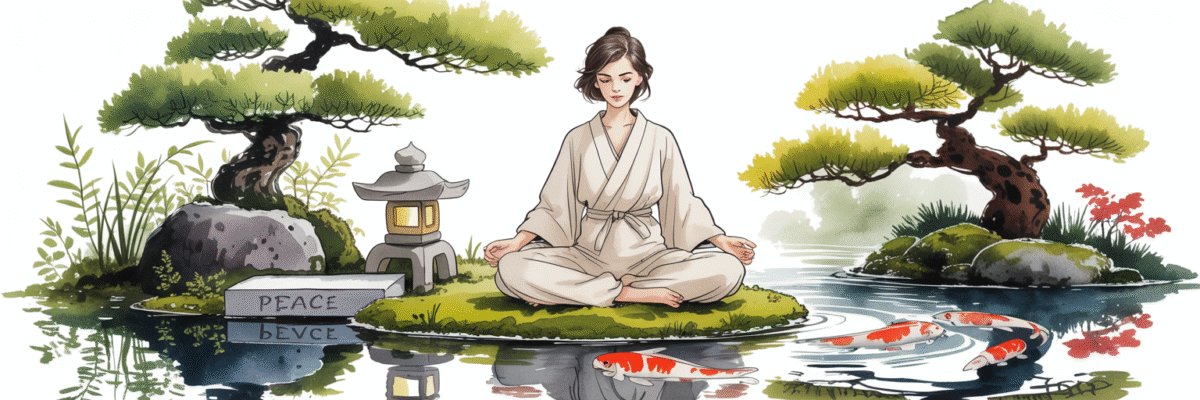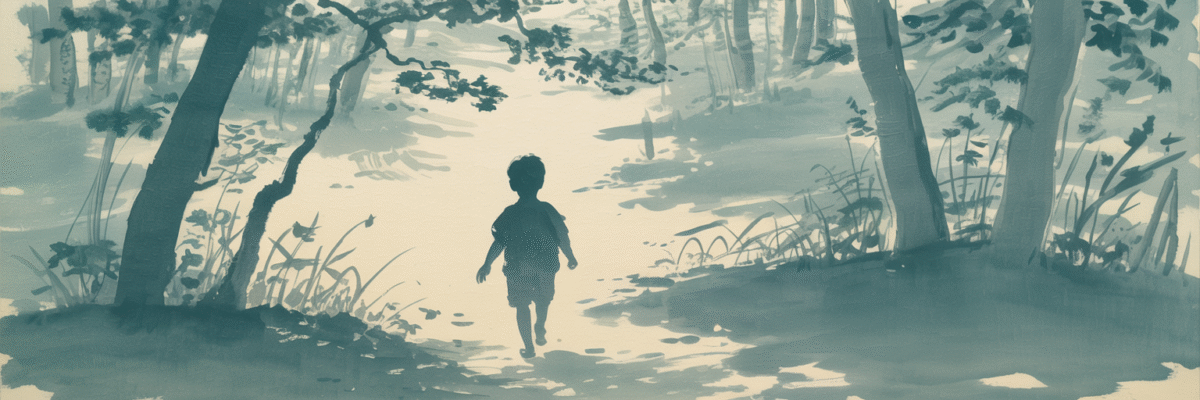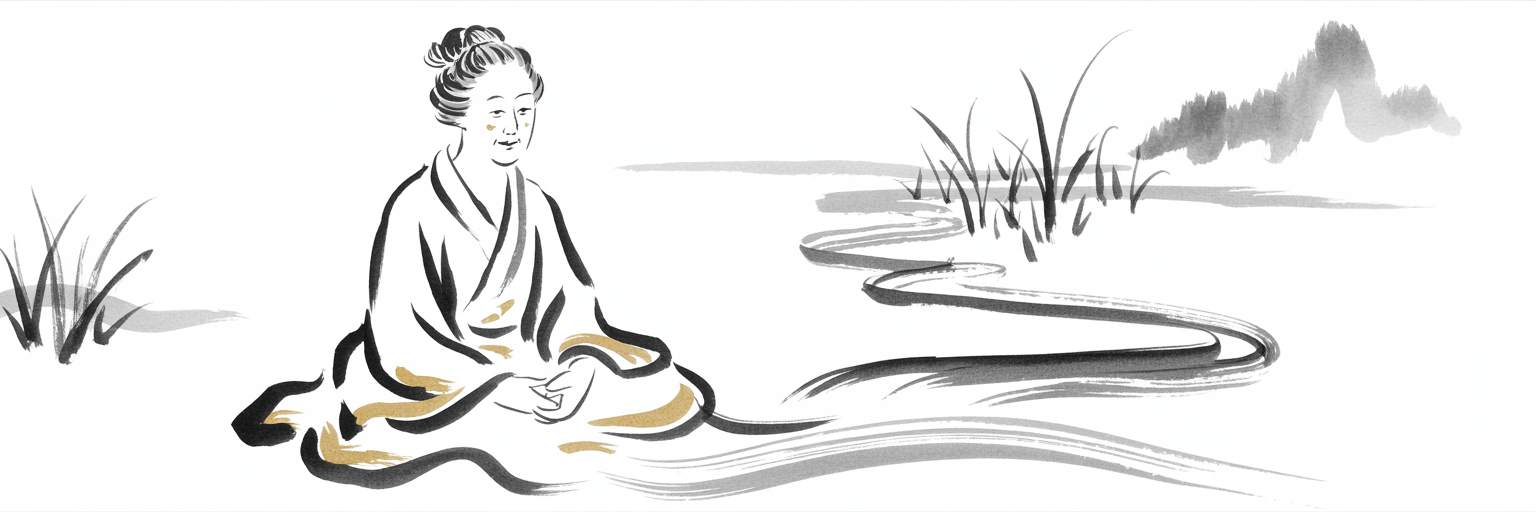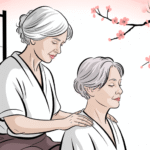
Reiki Research: Reiki Treatments Reduce Distress & Fatigue in Cancer Patients
October 1, 2025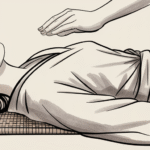
Reiki Research: Massage + Reiki Produces Superior Results to Massage Alone
October 22, 2025This isn’t a “CHOOSE ME” blog. I’m not here to convince you that I’m the right teacher for you—honestly, I really dislike convincing anyone of anything. What I want to talk about is something that comes up regularly, especially in groups of women: how do you actually know if a Reiki or spiritual teacher is right for you? And more importantly, how do you know when something feels off?
Women ask this question a lot, and it’s partly because we’re taught to second-guess ourselves, to defer, to agree to being ‘too sensitive.’ Add in the power dynamic of the teacher, who may be male, in a healing space where touch and vulnerability are involved, and suddenly it becomes even harder to trust what your body is telling you.
What happens when you feel uncomfortable in a class? Do you blame it on your own trauma, your resistance, your ‘issues’? Or is it the teacher? How are you supposed to know the difference?
I’ve thought about this a lot, and here’s what I’ve come to understand. Yes, healing work brings things up. That’s part of the process. But there’s a massive difference between discomfort that happens within a safe container and discomfort that comes from an unsafe space.
A good teacher creates safety around your discomfort. You might feel emotional, vulnerable, or like old stuff is surfacing—but you should also feel held. Supported. There should be safety in saying if something “doesn’t feel right”.
The red flag kind of discomfort? That’s when you feel exposed, pressured, shamed, or like you can’t say ‘no’. When your chest gets tight and you want to leave but you talk yourself out of it because maybe it’s just your ego or your resistance. When you feel smaller instead of more spacious.
Trust your body. Sometimes the gut (yes, the hara) knows things before your mind catches up. In Japan, they say you should ‘read the hara’ 腹を読む—hara wo yomu. Your hara, your deep belly center, already knows what your mind might try to rationalize away. When you’re sitting in a class or talking to a potential teacher, your hara is reading theirs. Listen to that feeling in your gut. There is your wisdom.
So what actually makes a good Reiki teacher? They are honest about their own journey, rather than building themselves up—they’re not positioning themselves as some enlightened guru who’s going to fix you. They have clear boundaries. They encourage your questions and don’t get defensive when you ask them. AND they actually answer them instead of offering vague answers that infer their superiority. They make space for your “no”—to exercises, to touch, to sharing. They’re realistic about what the system of Reiki can and cannot do. And crucially, they don’t create dependency. They want you to connect with your own healing capacity, not need them forever.
Watch out for teachers who love-bomb you with excessive familiarity. Who dismiss your concerns as “just your resistance” or “your ego blocking you.” Who pressure you to continue with classes you might not be ready for or even interested in. Who claim they’re specially gifted or chosen. Who discourage you from learning from other teachers or getting outside perspectives. Who make you feel like you need them specifically to heal.
Here’s the complicated part: sometimes our trauma does make us wary of people who are actually safe. I know that. But that doesn’t mean you should override your instincts. A good teacher will understand if you need to step back, take breaks, or leave entirely. If a teacher makes you feel guilty or bad about listening to yourself? That itself is information.
You deserve a teacher who treats you like the capable, intuitive person you are. Who respects your pace. Who understands that their role is to offer tools and space, not to be the source of your healing.
Trust yourself. You know more than you think you do. Just read the hara. Yours already knows.
Listen to podcast about this subject:
